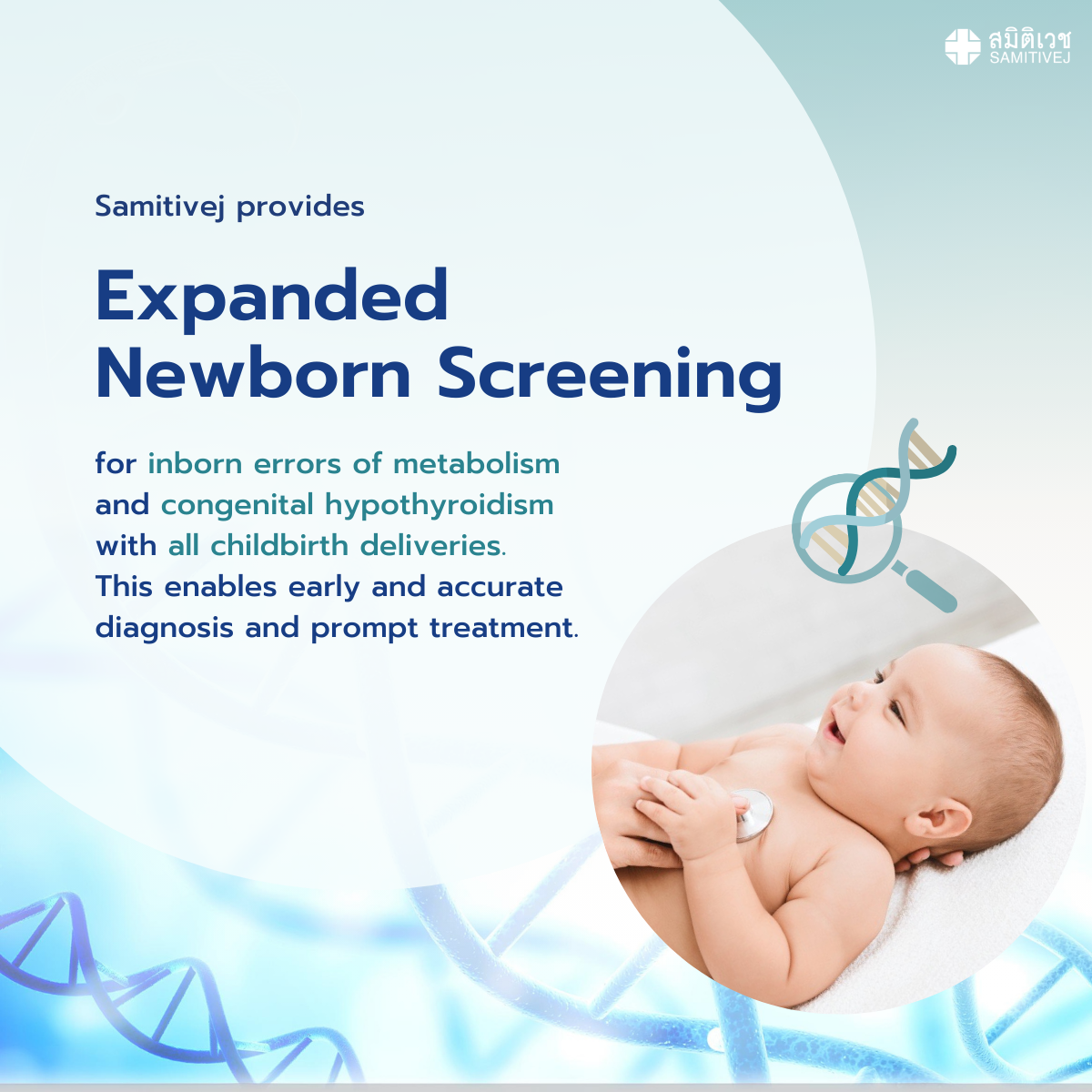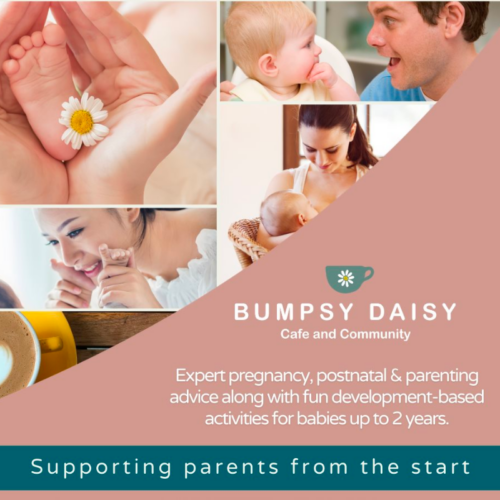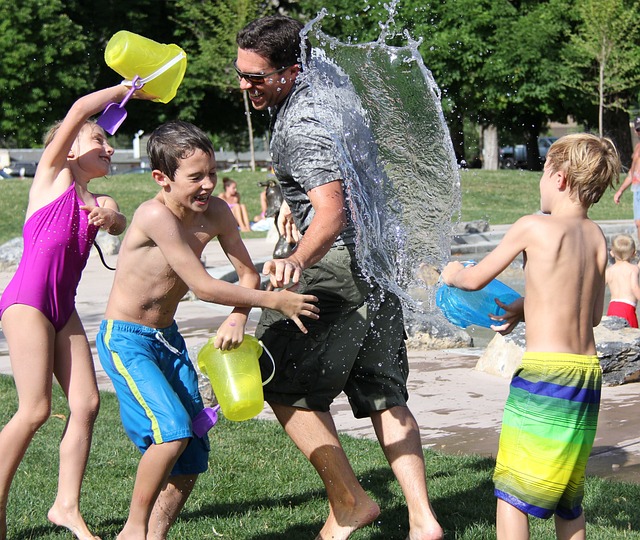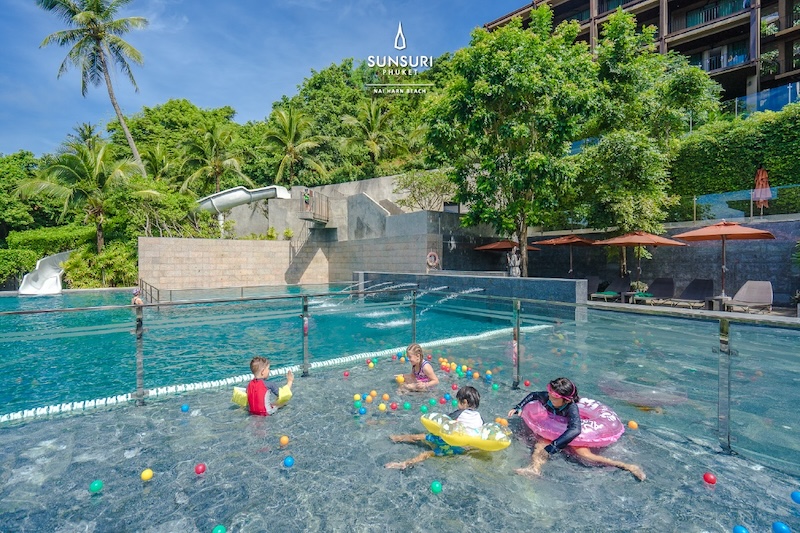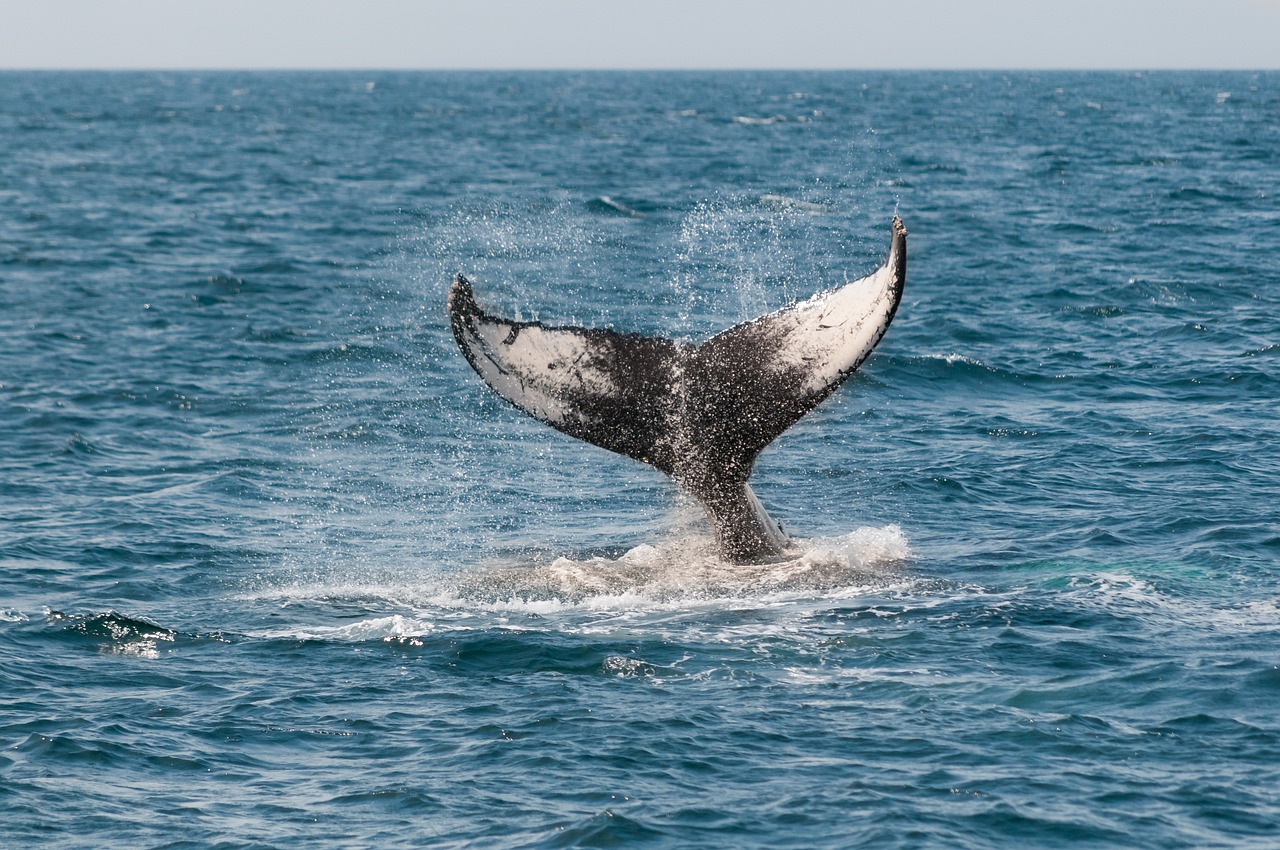What is early childhood education exactly? Why is it important? These are just some of the questions that every parent asks themselves when considering what age or stage to send their children to their first school.
The preschool age range is defined as being between three and five years old. However, there are no hard and fast rules. St. Andrews International School, Sathorn, accepts children at the age of 2 to 5 years for Early Years and from 6 until 11 years for Primary, we are located in the Central Business District of Bangkok.
Miss Louise Collins, Head of Early Years at St. Andrews International School, Sathorn shares, “In early years, we provide children with opportunities to develop key skills that are vital for them to fully access the curriculum throughout their school journey. Our children grow to become independent, self-regulated learners, building strong, healthy relationships within which they can collaborate and empathise. Fundamental communication skills including speaking, listening and understanding are established primarily before exploring specific subject areas. We also place a strong focus on aspects of physical development such as spatial awareness, personal care and motor skills. These prime areas of learning are explored through practical and engaging activities with child-led play at the forefront.”
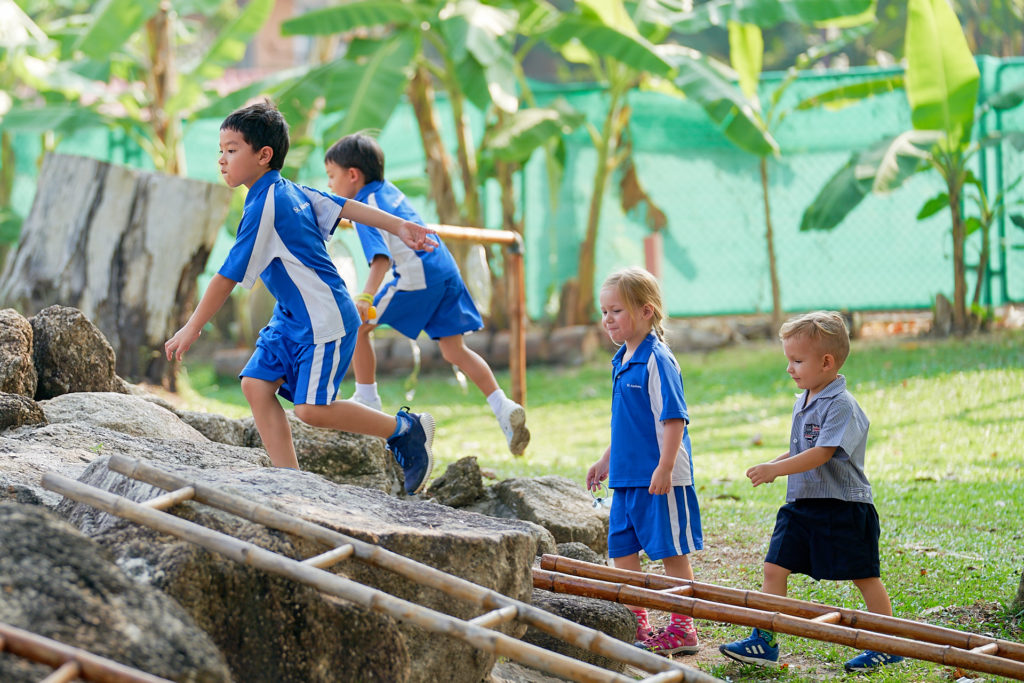
Why is Early Childhood Education so Important?
Early years education plays such a crucial role in a child’s future success. The skills acquired in the early years build the foundation for encouraging lifelong learning habits which in turn provide a strong base for a child’s individual learning abilities, social skills and cognitive progress.
During the early years, securing emotional connections with families and learning how to regulate emotions, all help improve parent-child relationships which are vital for healthy connections as they enter their early education. Strengthening family connections are important to promote successful relationships with friends at school and building self-confidence to try new things as well as being able to manage stressful situations. Early childhood education is a stepping stone into learning how to build social connections, interact with others and become more independent. The foundational skills that preschools and kindergartens offer are not only important for a successful transition to school, but also for later academic achievement and social adjustment.
Social Awareness
The benefits of socialising amongst children from a very early age are infinite and important. Interactions with other children teach our little ones about empathy, cooperation, sharing, flexibility, kindness, consideration, assertiveness, confidence, tolerance, and unity.
As pre-schoolers meet more people — young and old — they begin to develop a strong sense of self. They start to notice the differences and similarities between themselves and others which challenges them to try new things naturally, making them keen to explore new ways to play and learn.
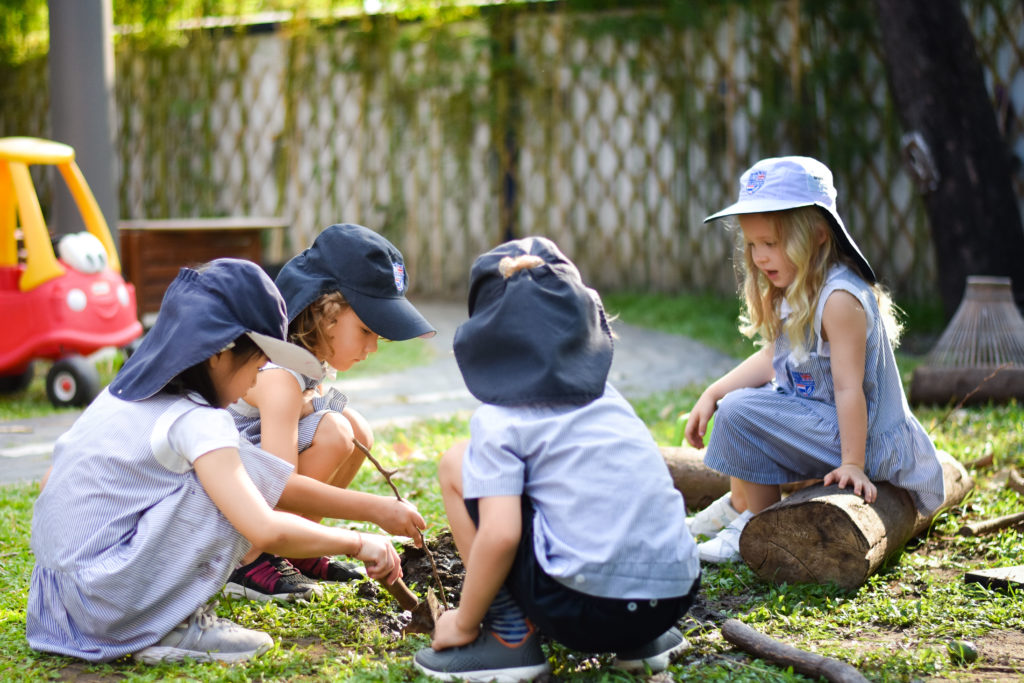
Language Development
Using transition songs and catchy tunes helps little ones develop language skills through musical cues. The songs, chants, and rhymes are repeated frequently and most often we have parents joining in too. The children’s little growing brains are soaking them up and beginning to recognize the tunes, meanings and usage in context.
Children benefit tremendously from exposure to other languages and cultures, and as we raise them in this global world, they become internationally minded, develop tolerance, understanding of other cultures, and learn acceptance. Living in an international city like Bangkok means your little ones are blessed with the perfect opportunity to become bilingual very early. All studies show that learning other languages at a young age is nothing but beneficial to early childhood development.
Self Confidence
I am sure you have noticed that your early learner wants to read the same story over and over before bed time. There is more to this behaviour of repetition than simple preferences such as knowing what’s going to happen next..
Prediction is a huge key to self-confidence. When you turn that page in the story, and your child has remembered the line “Brown bear, brown bear, what do you see? I see a red bird looking at me” and they know there will be a red bird on the next page, that truth is confirmed for them, and their confidence surges. They were right and they love it!
Toddler and pre-school groups follow a repetitive structure, songs are repeated, stories are reread, words and vocabulary are used thematically throughout the lessons, and other props and materials encourage the littlest of little ones to make predictions and boost their courage and morale.
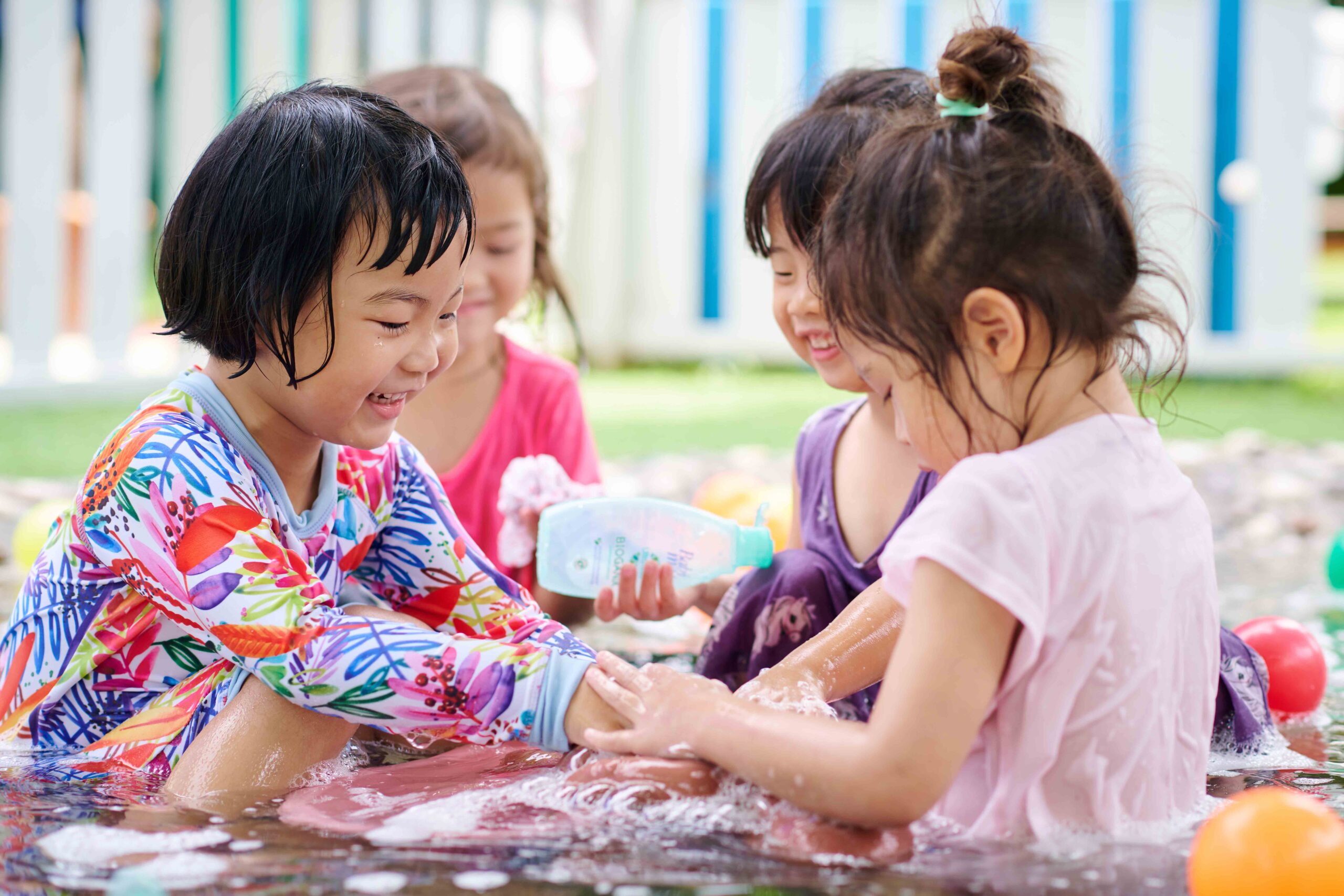
Stop, Think and THEN Act
Working with children to help them practice key self-regulation skills through games that ask children to stop, think, and THEN act have been shown to significantly improve these skills in preschool children.
For example, playing fun and engaging movement and music games in small groups that exercise the brain are great ways to help children develop important self-regulation skills. Simple games such as FREEZE or SIMON SAYS encourage children to stop and think and play by simple rules. Additionally, adding presentations can provide visual and interactive ways to reinforce these concepts, making learning even more effective and enjoyable for young learners.
The Ideal Age for Pre-School
This is a very personal decision and completely up to individual parents and their child’s readiness to socialise. There will be a time when you notice your child lets go of you- happily, to play with others ready for social engagement or your child may be shy around others and not willing or not ready yet ready to participate in social play or share their things. While all personalities are different, a gentle encouragement could signal that they are ready to start learning some of the important soft skills for their future success. Preschool readiness really depends more on developmental factors than chronological age. Letting go of your little one for the first time isn’t easy but collecting them at lunchtime and seeing their happy smiling faces full of stories of new friends and accomplishments is well worth the task.
Parents typically start investigating options about a year before they want their children to attend. But if you live in a big city, where competition for spots can be fierce, you’ll want to start applying even earlier and to more than one place. Do your research, decide on your location, how many hours (half-day, two or three days a week, full-time?). There are programs at larger international schools, small privately run kindergartens and daycare centers. A good start is asking for recommendations from other parents. Next, check whether the schools are accredited and licensed, which ensures the facility meets safety requirements and has qualified staffing. At St. Andrews Sathorn we provide our families with a personalised tour of our campus facilities and an interaction with our teachers. Your child can also spend some time in the classroom to familiarise themselves with the new environment and friends under the care of our Early Years teachers.
A good educator combines and tailors different theories and practices based on children’s unique needs and interests. We encourage parents to look for a school with an Early Years teacher who is intelligent, creative, patient and kind.



